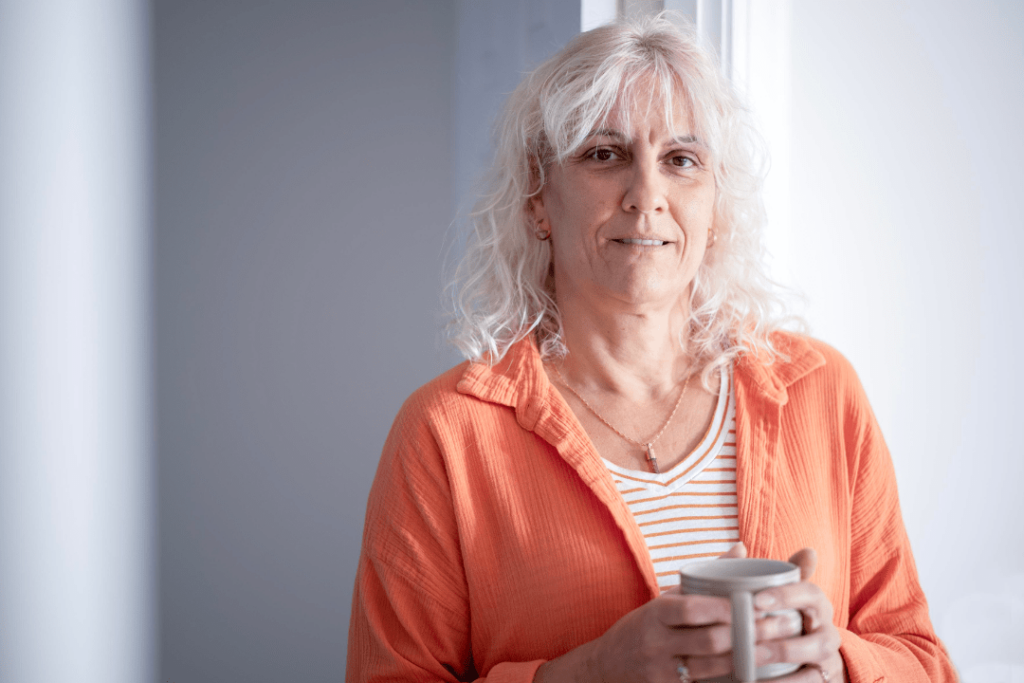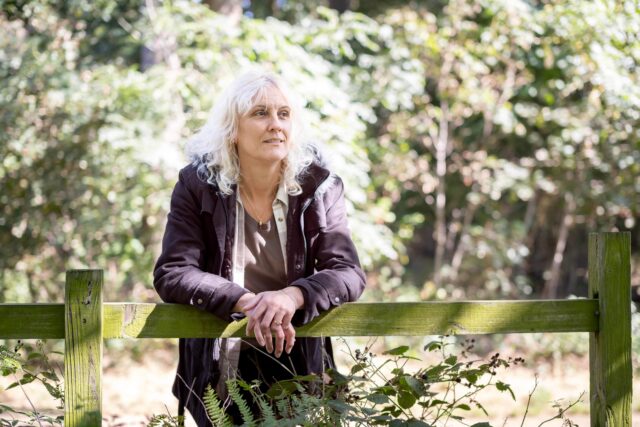
Did you know that over 7 million adults in the UK have tinnitus and 12 million have hearing loss? Despite being a widespread issue, too many people’s hearing health struggles go unnoticed.
Here, Linda shares the story of her late husband, Glen, who had severe and sudden tinnitus.
Content warning: Please be aware that the following story includes references to suicide, which some readers might find upsetting.
Glen’s death 12 years ago should never have happened. Overnight, he developed severe tinnitus that filled his head with a constant stream of various loud sounds. If he’d had the help and understanding he desperately needed then, I wouldn’t be writing to you today.
I won’t be silent about the fact that Glen killed himself. It’s a minority of people who get tinnitus so severely that they spiral into an emotional crisis – but those who do really need our help.
Accessing support and understanding
That’s why access to a free, confidential helpline like Contact RNID is so important. It’s a small but specialised team, dedicated to supporting anyone who is deaf, has hearing loss or tinnitus. Whatever you’re worried about, they have the time to listen and the specialist knowledge to work through problems with you.
Speaking to someone who truly understands and can give you practical help and emotional support can be lifesaving.
Campaigning for awareness
I lost Glen a few months before my 40th birthday. Words cannot describe the pain of losing him. I said to myself, I have two choices – I either follow him or I do something about it. Since then, I’ve been campaigning to raise awareness of tinnitus and noise induced trauma.
I felt so strongly that Glen’s life had been robbed – that my life had been robbed – and that I couldn’t sit by, letting other people go through what Glen had been through.
There’s not enough awareness of the importance of psychological support at that first point of contact. It can be the difference between people living and dying. The difference between someone taking a recovery pathway and taking their own life.”
The gift of compassion
You can help RNID continue to be there for the next person who needs vital support, for as long as they need it. Will you give the gift of compassion this Christmas? By doing so, you could help a person like Glen to get the support they need.
